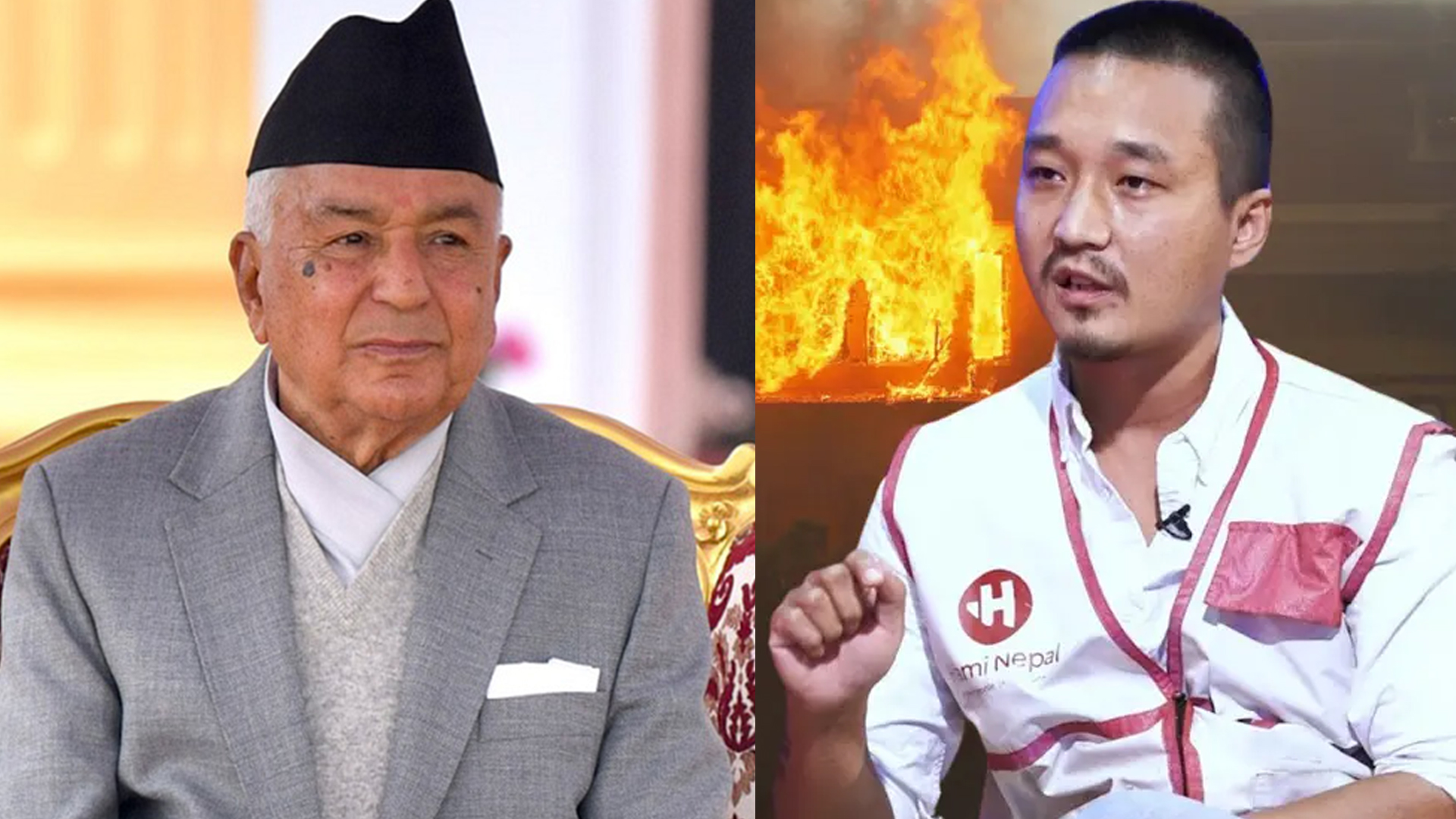Sudan Gurung, Who Threatened to Spit on Nepal’s President, Beaten at Press Conference
Nepal’s Political Drama Turns Violent: Millennial Activist Who Threatened President Faces Backlash

Nepal’s political landscape was shaken once again by scenes of chaos. Sudan Gurung, a 36-year-old millennial activist who just days earlier had threatened to “spit on and beat” President Ram Chandra Paudel, was physically manhandled during a press conference at the Reporters’ Club in Kathmandu’s Bhrikuti Mandap. Gurung had called the event to defend his NGO Hami Nepal against allegations and to address families of those killed during recent protests. But as the question-and-answer session escalated, the atmosphere turned hostile, leading to shoving and near-violence until police intervened, according to eyewitnesses.
The dramatic incident unfolded only days after former Chief Justice Sushila Karki was sworn in as Prime Minister. At her swearing-in ceremony, Gurung had been seen bowing at her feet in deference. Yet at the press conference, he struck a defiant tone, declaring the protests “a historic change after 80 years” and vowing not to allow traditional parties to return to power. When journalists pressed him on whether the deaths of over 70 protesters had only resulted in a six-month interim government, and asked what happened to the promise of a directly elected prime minister, Gurung grew agitated and responded with increasingly aggressive remarks.
Supporters of the movement argue that one positive outcome was the removal of a China-leaning prime minister who had openly endorsed Beijing’s Belt and Road Initiative (BRI) and Global Security Initiative (GSI). Critics counter that while the so-called Gen Z protest may have challenged China-centric power alignments, its darker legacy has been violence, arson, and assaults that have eroded public trust and left deep scars on the rule of law.
Nepal Police confirmed an investigation has begun into the incident. Civil society leaders and experts have warned that such confrontations undermine the structural change protesters claim to seek. As one sociologist observed: “When a movement for justice and change descends into threats and assaults, it does not deliver transformation, it produces anarchy.”
Commentators now argue that the Gen Z movement has effectively been hijacked by millennial leaders like Gurung and alliances with older elites. Viral posts on social media compared the violence and parliamentary dissolution to a circus, echoing the famous saying: “When a clown moves into the palace, he doesn’t become a king, the palace becomes a circus.”
Nepal’s democratic journey faces a fresh set of questions: when will the dreams of young protesters be realized, and how long will this political circus, dominated by the old guard, continue?

![From Kathmandu to the World: How Excel Students Are Winning Big [Admission Open]](https://www.nepalaaja.com/img/70194/medium/excel-college-info-eng-nep-2342.jpg)
